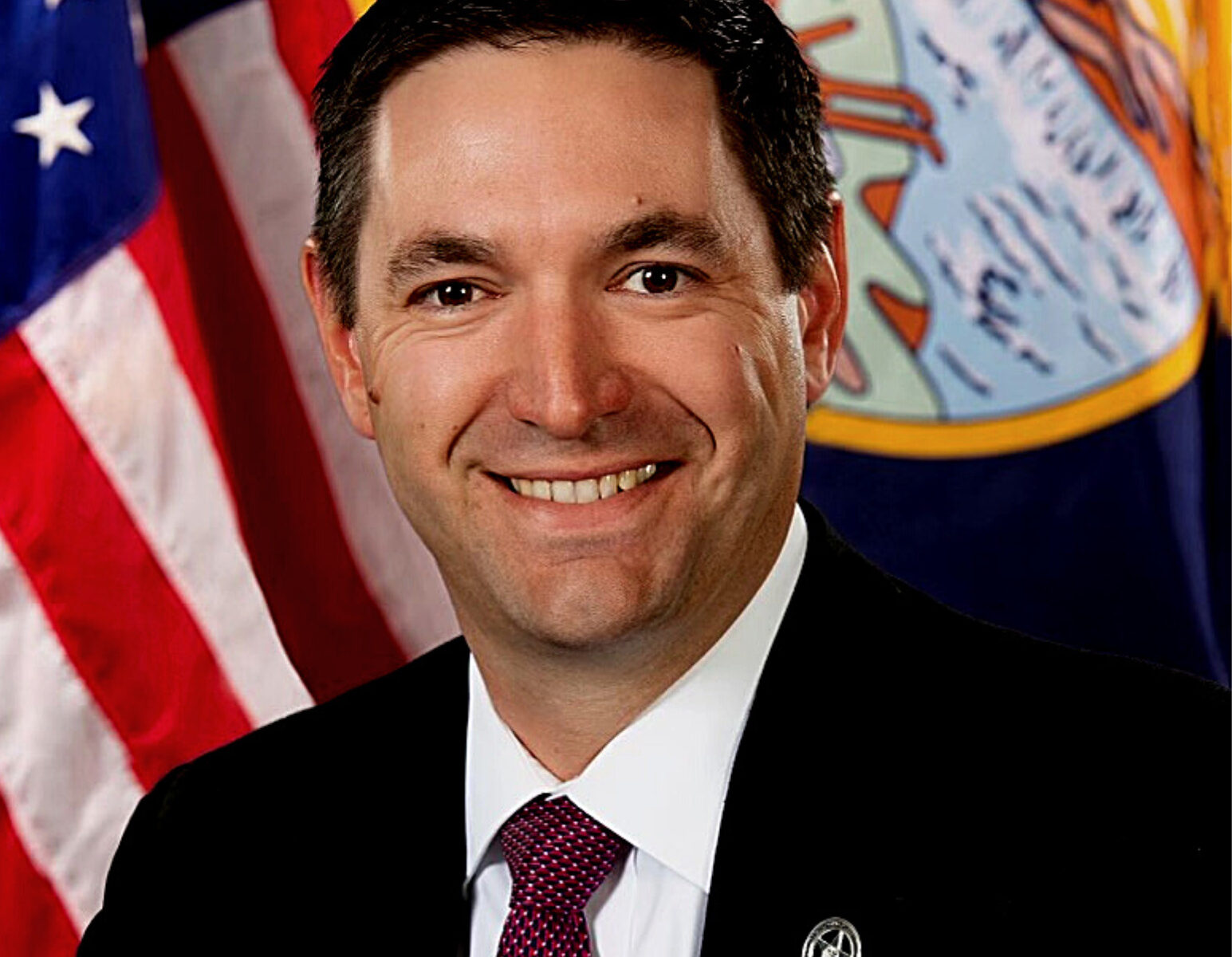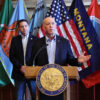Montana Attorney General Leads 26-State Coalition Challenging Hawaii Gun Ban at Supreme Court

Montana Attorney General Austin Knudsen is leading a 26-state coalition urging the U.S. Supreme Court to overturn a Hawaii law that imposes broad restrictions on where law-abiding citizens can carry firearms. The coalition filed an amicus brief in the case Wolford v. Lopez, arguing that Hawaii’s so-called “sensitive places” firearm restrictions violate the Second Amendment.
The challenged law, known as Act 52, bans carrying firearms in a wide range of public and private spaces, including bars and restaurants serving alcohol, parks, beaches, banks, and financial institutions. The coalition’s brief supports three Hawaii residents and the Hawaii Firearms Coalition, who are seeking to overturn the law after a lower court injunction was reversed by the Ninth Circuit Court of Appeals.
Attorney General Knudsen said the Ninth Circuit’s decision undermines recent Supreme Court rulings affirming the right to carry firearms for self-defense.
“The Supreme Court has guaranteed that Americans’ Second Amendment rights are not second-class rights, but the Ninth Circuit’s recent decision puts that guarantee in jeopardy,” Knudsen said. “I hope SCOTUS will take up this case and reverse this flawed decision to protect our right to keep and bear arms.”
The brief argues that the Ninth Circuit’s ruling conflicts with the Supreme Court’s decisions in District of Columbia v. Heller and New York State Rifle & Pistol Association v. Bruen, which established that gun laws must align with the nation’s historical traditions of firearm regulation. According to the coalition, Hawaii’s law fails that test, especially in its reinterpretation of a so-called “default rule” — which flips the long-standing assumption that citizens can carry firearms in public places unless explicitly prohibited.
The coalition also notes a circuit split, as the Second Circuit recently upheld an injunction against a similar New York law, directly contradicting the Ninth Circuit’s ruling on comparable grounds. This discrepancy increases the likelihood of Supreme Court review.
“Without swift correction, the Ninth Circuit’s decision will muddle the clear Second Amendment standards this Court has adopted,” the brief states. “Its decision will encourage other states to erode Americans’ essential right to keep and bear arms.”
Attorneys general from 25 other states joined the Montana- and Idaho-led brief, including leaders from Texas, Florida, Georgia, Ohio, and Utah, along with the Arizona Legislature.
The Supreme Court has not yet announced whether it will hear the case. If it does, it could have wide-ranging implications for how states define “sensitive places” under the Second Amendment.











